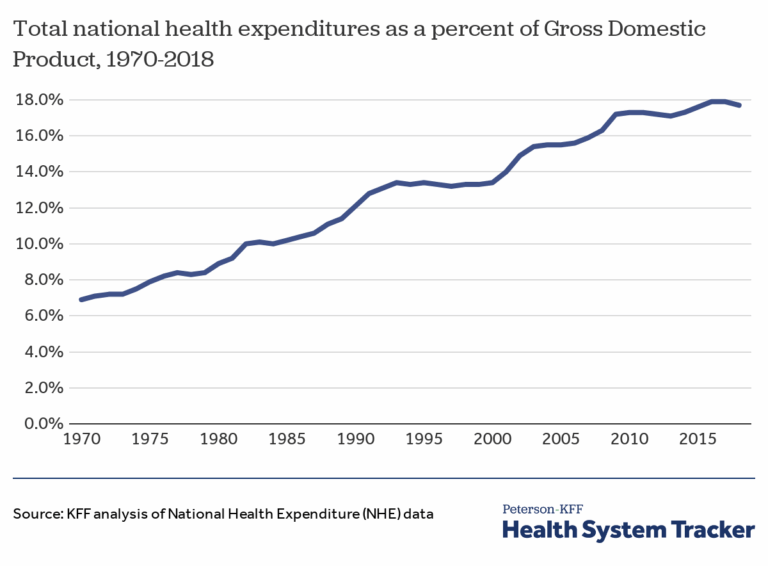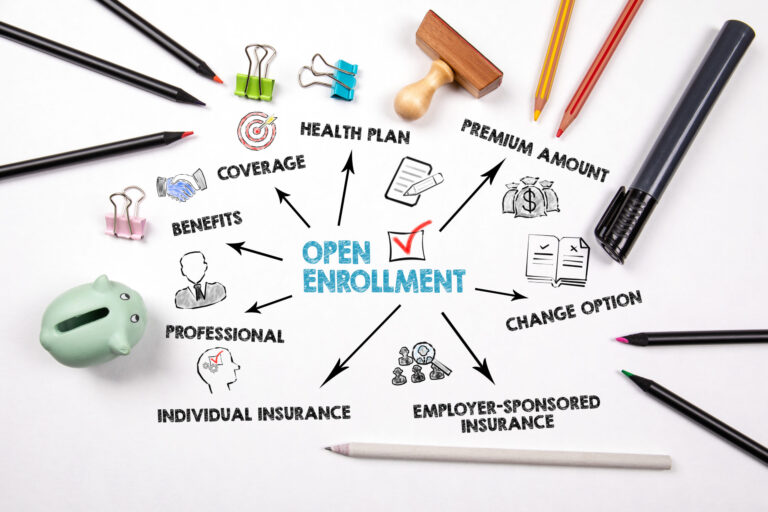Health Insurance Tips for Traveling
If you are finalizing travel plans for vacation or the holidays, you may be wondering what would happen if you had a medical emergency away from home? That’s a great question. Before hopping in the car or boarding a plane, be sure you have a plan in place in case you get sick or injured, because, in most cases, you won’t have the same kind of access to care that you do when you’re home, even if you have health insurance.
If you have to pay high costs for health care on your trip, coming home from vacation with medical debt will add insult to injury!
What If I Get Sick In Another Country
If you get sick while vacationing in another country, some U.S.-based health insurance companies will pay “customary and reasonable hospital costs,” according to the U.S. Department of State website. But most plans will not cover medical care in another country, and even fewer will cover medically evacuating you back home. Why is this important to know? Because a medical evac can cost over $50,000!
If you have health insurance through your employer, you should contact the company to find out whether your plan covers medical care outside of the United States. But if you have individual insurance through the Affordable Care Act (aka ObamaCare) and you get sick or have an accident that requires medical care, you won’t be covered. What you can do — and this what experts suggest for those who have a chronic health condition — is to get traveler’s insurance for your trip. That way, if you need medical attention, you won’t get stuck with a steep bill.
You can check out the State Department’s Bureau of Consular Affairs website and the CDC for information on types of trip insurance. The CDC also has a webpage and a book on what to do if you need health care while visiting another country.
Even if you have travel health insurance, be warned that you will likely have to pay upfront for health care and then file a claim to be reimbursed, so make sure to check the details of your policy and to save all your receipts and documentation. In some countries the charges may be quite high, so it helps to carry a credit card with a high limit, and to tell your credit card company ahead of time where you are traveling so charges are not denied.
Medicare Coverage Outside of the U.S.
Medicare coverage outside of the country is limited, according to Medicare.gov. And if you have Medicare, when you research the types of services that Medicare covers while you’re on holiday outside of the U.S., you should know what exactly that means to Medicare. It refers to “anywhere other than the 50 states of the U.S.,” not including territories like Puerto Rico, the U.S. Virgin Islands, Guam, American Samoa, and the Northern Mariana Islands.
For the most part, your Medicare policy won’t pay for health care services or supplies in foreign countries. It won’t pay for your dialysis treatments or prescription drugs, either. But there are some medically necessary health services you may qualify for. You can get more information about what Medicare will and won’t cover by going to Medicare.gov.
Some Alternative Insurance Options to Consider
Medical evacuation insurance: These policies cover emergency medical care and transportation costs. Some U.S.-based health insurance companies have add-on medical evacuation or travel health insurance plans. If your insurance policy does not give you that option, then consider purchasing an independent plan.
Travel Health Insurance: These plans pay for emergency and/or routine medical care outside of the U.S. Before you purchase travel insurance, be sure this is something that your current health insurance plan does not cover. Note that some insurance companies do offer travel health insurance, but the coverage may not adequately cover a medical emergency. For patients who have a chronic health condition, it’s best to purchase comprehensive travel health insurance.
Travel Insurance Options
Different travel insurance policies vary widely. Here are some considerations to keep in mind while you’re looking at different plans.
- Does the plan offer emergency medical care?
- Does it cover a medical evacuation?
- Will it compensate you if you need to travel for care, or if you need additional accommodation costs?
- Does the company have a 24-hour customer service line?
- Does the plan cover the country/region you’re traveling to?
- Will the plan cover the full duration of your trip, including while you’re en route?
- Does the plan cover your pre-existing conditions?
- Will the plan cover accidents caused by activities you plan to engage in?
Holiday Cruise
If you’re going on a cruise, you likely will have access to medical care, but it’s still important to check, especially if you have a chronic health issue or pre-existing condition.
Most cruise lines have a medical doctor on staff who can treat minor medical conditions and at least provide stabilizing care in the event of a medical emergency.
For patients who have a chronic medical condition, they should discuss their health status with the cruise line ahead of time. And American citizens should know that depending on the cruise line, specifically if the ship is not in a U.S. port or is more than six hours away from a U.S. port, the onboard physician may not be able to provide certain medical services. Medicare enrollees won’t have access to health care services if the ship is more than six hours away from a U.S. port.
What if I Get Sick In Another State in the U.S.
If you’re traveling out of state and you get sick, you’re much more likely to have some coverage. Again, if you have insurance through your employer, there’s no simple answer as to what is and isn’t covered in another state. Rules change from policy to policy. If you’re employed by a large company that’s headquartered in a different state and has offices around the country, there’s a better chance that you’ll have coverage while traveling in the U.S.
If you have insurance through the ACA, whether it’s from Healthcare.gov or a marketplace plan from your state of residence, emergencies must be covered at in-network prices, and other care may be covered if the plan has a national network option.
For those who have Original Medicare, whether you’re visiting another state or you move to another state, your Medicare coverage is the same.
Healthcare Checklist for U.S. Travelers
There are things you can do before you leave the state or country that can either minimize your chances of getting sick or, if you do get sick, reduce the chances of not having enough medical coverage.
- Before you leave home, call your insurance company or check your health plan’s website for network and traveling details.
- If your insurance does not provide medical coverage while you’re traveling, look into purchasing a short-term travel insurance policy. Investopedia has a list of travel insurance options.
- Take your health insurance card with you, even if you’re leaving the country.
- Be sure the information page in your passport is filled out. If you’re in an accident or have a medical emergency that leaves you unresponsive, this is how authorities will be able to find out who you are and how to track down your family.
- If you have a pre-existing condition, take proper documentation with you. That could be a letter from your physician or specialist, or even a medical ID bracelet.
- Travel with all of your medications in their original containers and any medical supplies you need. If you take a medication that is considered illegal in other countries, such as a scheduled drug like an opioid painkiller or a medication for ADHD, like Adderall, either contact the foreign embassy of the country you’re traveling to or contact the U.S. embassy to ask how you should (or maybe shouldn’t) travel with those medications. For example, just because you have a medical marijuana card in your home state of Alabama or Rhode Island, it doesn’t mean you can have medical marijuana in China, Russia or Dubai.
- Are you going to a non-English speaking country? Make a list of healthcare centers and providers that serve English-speaking foreigners in the city you’re visiting. And put the U.S. Embassy or Consulate phone number and email address on the list, too.






